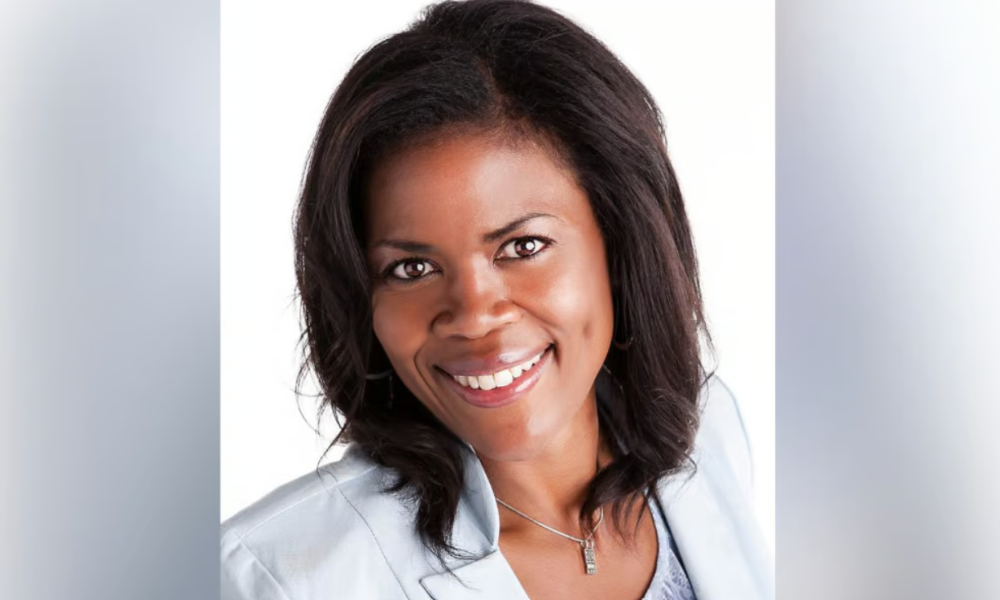Academy focuses on equipping minorities with the tools to succeed

It’s a statistic that makes for grim reading: the homeownership rate for Black Americans is almost 29 percentage points lower than that for White Americans, at 44% compared with 72%, meaning the Black-White homeownership rate gap is at its largest for a decade.
Those 2023 findings by the National Association of Realtors (NAR) illustrate a truth that’s been painfully apparent for decades – namely, that little headway is being made in improving homeownership prospects for Black Americans despite a glut of education and downpayment assistance programs.
For Janine Kempfer (pictured), president of Prime Mortgage, that’s been a “frustrating” truth throughout a near-three-decade career in the mortgage industry.
It also spurred her to explore some of the root causes of that problem – and led to the foundation of Keystone Mortgage Academy, a course curriculum aimed at improving diversity and representation within the mortgage industry as a means of helping build better prospects for underrepresented buyers.
“After doing a lot of research, I found that the numbers show that there is a higher success rate when people from our communities work with people that look like them. The approval rate is higher,” Kempfer told Mortgage Professional America. “The success rate as far as on-time payments is higher. That default rate is lower.
“There’s all kinds of positive numbers that show the benefit of working with someone who is from the community you’re from that understands your history, understands the mindset and is willing to help you through all the challenges and tough barriers that our communities have to go through and get them across the line to become homeowners.”
The racial gap in the percentage of renters who can afford a mortgage has shrunk, but disparities in access to credit and lower homeownership rates remain, according to a new Zillow report.https://t.co/17bsJg5SoY#mortgageindustry #industrytrends #homeownership #racialgap
— Mortgage Professional America Magazine (@MPAMagazineUS) February 27, 2024
The program is an in-person, three-and-a-half-month course centered on three pillars – Engage, Educate, and Employ – to provide minority communities with a path to a career in the mortgage industry. Specifically, it caters to high school graduates who aren’t on a four-year college degree path, as well as college graduates interested in finance or the mortgage industry, and career changers.
“A lot of our communities don’t even think about mortgage as a career path,” Kempfer said, “so the first step is to go out and engage the community – let people know that this is a viable and lucrative career.
“Not only that: if you are employed in this industry, you can go back and recirculate those dollars back into your community.”
Overcoming the mortgage industry’s diversity barrier
The program begins with a course on the history of minorities in banking, laying out the challenges that Black and other communities have historically experienced in the space, and a personal development reading list to put participants in the right frame of mind to enter the industry.
That’s followed by the 20-hour pre-licensing course, with an emphasis on tying federal guidelines to historical context and some of the barriers that have been put in place – before students begin learning how to do the job of a mortgage professional.
“We teach them how to do the business. We teach them how to take a loan application, how to prospect, how to read rate sheets, everything that you typically don’t learn – so that when they graduate, they’re ready to hit the ground running and they’re well ahead of someone who would just go out and pass the test,” Kempfer said.
“I think that’s important because there is a diversity barrier. It’s hard to get employed as a beginner in the mortgage industry anyway, and then a minority beginner has an even tougher road. So we teach people to be ahead of the game when they graduate and then we actually employ them.”
What’s next for Keystone Mortgage Academy
Kempfer has employed everybody who graduated from the first cohort at Keystone, a step she said was important to see how well participants had been trained, their knowledge levels and whether the program accomplished its goal of putting people ahead of the game. “So far, the answer is yes,” she said. “For the coming future cohorts, we will also reach out to other people in the broker community and look for others to hire our graduates.”
The Academy will become a national program, with its next cohort to take place in Denver, Colorado and the following one in Atlanta Georgia. It’s also a course whose worthy cause is funded by donations. “We’re always in need of support,” Kempfer said, “to keep the academy thriving.”
Stay updated with the freshest mortgage news. Get exclusive interviews, breaking news, and industry events in your inbox, and always be the first to know by subscribing to our FREE daily newsletter.



